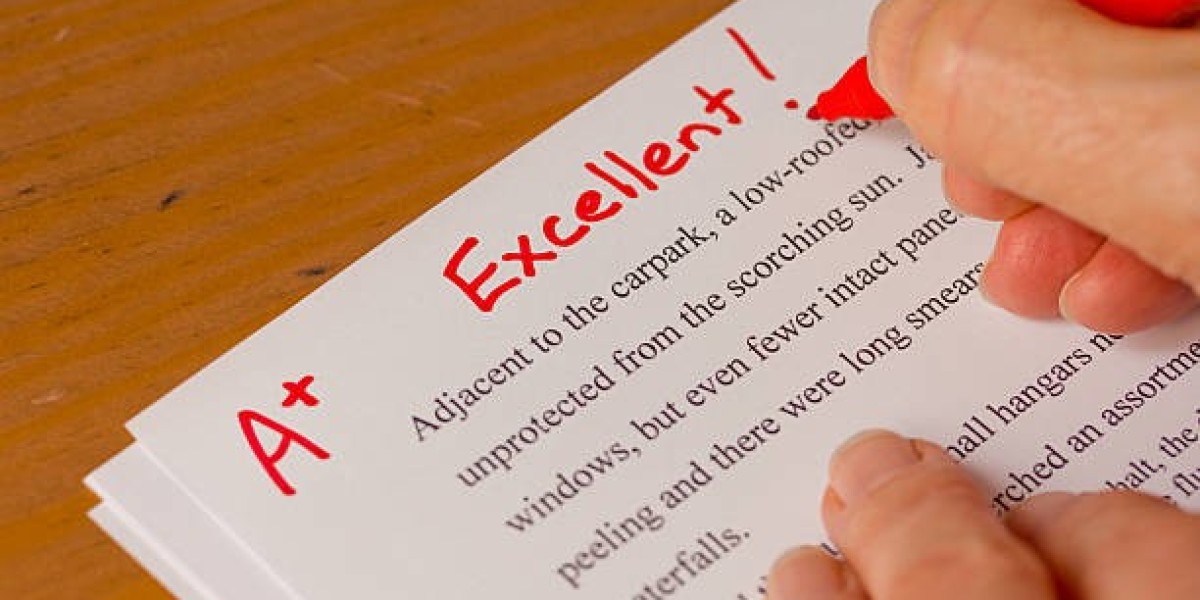Crafting high quality coursework goes beyond writing. Even the best ideas can be undermined by errors in grammar, structure, or logic. To achieve academic excellence, revising your coursework meticulously is essential. A structured revision approach not only enhances clarity but also strengthens your arguments, ensuring your work leaves a strong impression on your evaluators. This guide presents a thorough coursework writing revision checklist to help you achieve perfection.
Understanding the Importance of Revision in Coursework
Revision is more than proofreading. It involves reviewing your work to ensure that your ideas are clear, your arguments are well structured, and your content aligns with the assignment requirements. Students often underestimate the impact of a careful revision, but it can mean the difference between a good grade and an outstanding one. Effective revision addresses content quality, flow, coherence, and language precision, making your coursework not only accurate but also compelling.
Revising coursework also allows you to identify gaps in your research and strengthen your evidence. You can refine your arguments, adjust the tone, and ensure consistency throughout your work. By taking time to review your coursework carefully, you demonstrate academic diligence, attention to detail, and mastery of the subject.
The Coursework Writing Revision Checklist
A structured checklist ensures that no aspect of your coursework is overlooked during revision. Below is a comprehensive checklist to guide you through the revision process:
1. Check Alignment with Assignment Guidelines
The first step in revision is confirming that your coursework meets the assignment requirements. Check the following:
Word count compliance
Proper formatting style (APA, MLA, Harvard, etc.)
Accurate submission format (Word, PDF, online portal)
Clear understanding and response to the assignment question
Failing to align with guidelines can cost marks even if your content is excellent. Ensure you meet these basic criteria before moving on to content related checks.
2. Assess the Structure and Flow
A well structured assignment makes it easier for readers to follow your arguments. Check for:
Logical sequencing of sections
Clear headings and subheadings
Smooth transitions between paragraphs
Balanced introduction, body, and conclusion
Reorganize sections if needed to create a natural flow. Strong structure is key to presenting your ideas effectively and making a professional impression. For instance, in assignments requiring in-depth analysis, like those handled with Professional Tourism Coursework Help, a coherent structure allows your reader to trace your reasoning step by step
3. Evaluate Clarity and Precision
Clarity is crucial in academic writing. Ensure that:
Each paragraph conveys a single main idea
Arguments are explained with supporting evidence
Sentences are concise and free of ambiguity
Technical terms are defined when necessary
Avoid long winded sentences and unnecessary jargon. Clear, precise writing demonstrates mastery of the topic and engages the reader effectively.
4. Strengthen Arguments and Evidence
Your coursework should be persuasive and well supported. During revision:
Verify that claims are backed by credible sources
Include relevant examples, statistics, or case studies
Ensure citations and references are correctly formatted
Check that evidence directly supports your argument
This step is essential for maintaining academic integrity and showcasing critical thinking. Strong evidence transforms your work from opinion based writing to authoritative analysis.
5. Review Grammar, Spelling, and Punctuation
Language errors can undermine your credibility. Carefully check for:
Correct grammar and sentence structure
Spelling mistakes and typos
Proper punctuation usage
Consistency in tense and voice
Reading aloud can help catch awkward phrasing and errors that might be missed by a standard spell check. Consider using grammar tools as a first step but rely on manual checking for nuance and context.
6. Check Referencing and Citation
Improper citation can lead to plagiarism issues and loss of marks. Ensure:
All sources cited in text are included in the reference list
Correct referencing style is consistently applied
Quotations are accurately presented
Paraphrased content is properly cited
Accurate referencing demonstrates scholarly rigor and respect for academic standards.
7. Evaluate Formatting and Presentation
Presentation impacts readability and professionalism. Confirm that:
Font type and size adhere to guidelines
Margins, spacing, and alignment are consistent
Tables, figures, and charts are labeled correctly
Page numbers, headers, and footers are properly placed
Well presented coursework reflects careful attention to detail and makes a positive impression on evaluators.
8. Conduct a Final Read Through
The final read through ensures cohesion and polish. Focus on:
Overall readability and flow
Consistency in tone and style
Smooth integration of evidence and analysis
Impactful introduction and conclusion
This step allows you to experience your work from a reader’s perspective, spotting inconsistencies or areas needing refinement. It’s your last opportunity to perfect your coursework before submission.
Additional Tips for Effective Revision
Revision can be more effective when paired with smart strategies:
Take breaks: Distance yourself from your work before revising to gain fresh perspective.
Peer review: A second pair of eyes can identify errors or inconsistencies you might miss.
Use checklists: Structured checklists prevent oversights and streamline the revision process.
Prioritize weak areas: Focus first on sections where content or argument strength is low.
These practices enhance the quality and impact of your coursework while reducing stress during final submission.
Conclusion
Achieving perfection in coursework requires more than writing skills; it demands thorough revision. By following a structured revision checklist, you can ensure that your work is clear, coherent, and compelling. Focusing on alignment with guidelines, logical flow, strong arguments, precise language, and proper formatting elevates your coursework to a professional standard.
Revision is an investment in academic success. Taking the time to review and refine your work increases your chances of achieving top grades while building essential skills for future assignments. Using this checklist as a guide, students can approach coursework with confidence, knowing their work has been polished to perfection.








